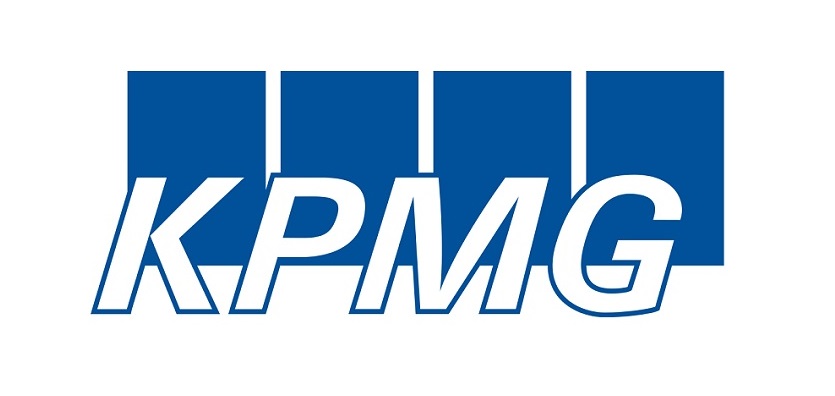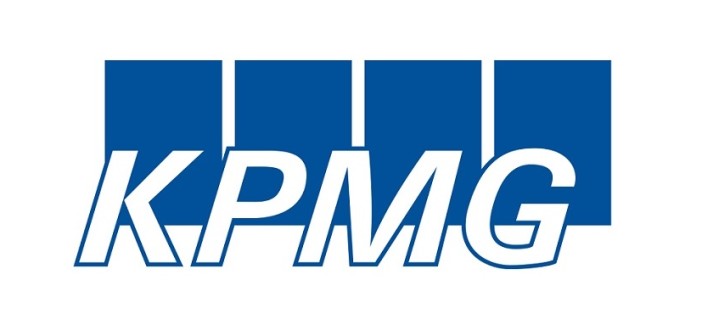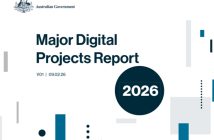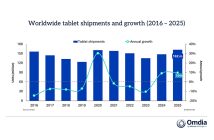
Startup investment in Australia hit new highs over the first six months of 2020, reaching US$944.7 million, up from US$627.3 million in H1 2019, according to KPMG’s Venture Pulse report. Despite the effects of the global pandemic, a record amount of venture capital was invested into Australian startups, with 92 deals recorded so far this year.Startup investment
The report points to US$439.7 million of venture capital investment in Australian startups over the April to June quarter in 2020, an increase of 38.5% compared to the same period in 2019 (US$317.5 million).
Globally, venture capital investment also continued to show resilience in the second quarter of 2020, reaching US$62.9 billion across 4,502 deals – almost equaling total investment from the first quarter of the year and only slightly off the pace seen in 2019’s second quarter, which registered US$69.8 billion invested.
Head of KPMG High Growth Ventures in Australia, Amanda Price said: “Australian startups have continued to attract record levels, despite the ongoing impact of the pandemic. This points to how lockdown has rapidly accelerated digital trends and increased the importance of digital business models and solutions, from B2B solutions to edtech and beyond. For example, globally B2B productivity solutions accounted for US$14.3 billion in VC investment over the past three months.”
“With some countries and territories opening up their economies, there will likely continue to be challenges with international travel and deal-making for some time. This is causing many VC investors to focus more on opportunities in their local markets — which could have a negative impact on some Australian growth stage companies currently looking for overseas funding. Q3’20 will likely show whether VC investment will withstand the full brunt of the pandemic’s impact, and whether Australian startups can turn the ongoing disruption and challenge of the pandemic into an opportunity,” she said.
Q2’20 highlights
- Global VC investment stayed relatively even from US$63.8 billion across 5,624 deals in Q1’20 to over US$62.9 billion across 4,502 deals in Q2’20. The US alone accounted for more than half of VC investment globally during Q2’20, with US$34.3 billion of investment across 2,197 deals.
- At a regional level, the Americas led VC investment in Q2’20, with US$35.6 billion raised across 2,354 deals. Asia followed with US$16.9 billion raised across 1,011 deals, while Europe saw US$10.1 billion raised across 1,062 deals.
- The 5 largest deals this quarter occurred in the United States and China: California-based Waymo (US$3 billion), Shenzhen’s MGI Tech (US$1 billion), Hangzhou-based Didi Bike (US$1 billion), San Francisco-based Stripe (US$850 million) and Beijing-based Zuoyebang (US$750 million).
- Global first-time venture financings remained weak – seeing only US$10.2 billion invested across 2,439 deals in the first half of the year – well off last year’s pace of US$28.2 billion overall, across 7,490 financings.
- Global VC fundraising activity was strong at mid-year, with over US$60 billion already raised across 299 funds.
Corporate VC slows as investors focus on their core
Corporate VC deal volume slowed considerably during the first half of 2020, dropping below 1,000 deals globally in Q2 2020. Given the global pandemic, many corporates focused on finding ways to improve their own operating position rather than considering investments in startups.
US continues to dominate investment in Americas
Overall, VC investment in the Americas remained steady in Q2’20 – reaching US$35.6 billion over 2,354 deals. The 10 largest deals in the region all took place in the US, including a US$3 billion raise by Waymo, a US$850 million raise by Stripe, a US$700 million raise by Samsara, and a US$500 million raise by Palantir Technologies. Investments in the US spanned numerous sectors, including automotive, fintech, agriculture, drug discovery, biotech and application software.
While many VC investors in the US focused on managing the needs of companies within their existing portfolios during Q2’20, they also showed interest in companies with highly relevant, scalable business models aligned to meeting the needs of consumers and businesses within the ‘new normal’ — particularly companies focused on B2B productivity, cybersecurity, digital services, and e-commerce.
Life sciences and biotech solutions garnered significant attention from VC investors in the US during Q2’20, led by cancer screening company Grail’s US$390 million raise and drug developer Erasca’s US$200 million deal. While these sectors had already been on the radar of VC investors in recent quarters, the pandemic has focused attention of the need for healthcare disruption.
While the US attracted solid investment, other jurisdictions within the region saw both the number of VC deals and total VC investment drop. The VC market in Latin America was particularly hard hit given widespread travel restrictions coupled with its reliance on international investors.
Digital trends accelerating in Europe
Venture capital investment remained strong in Europe for the second consecutive quarter, reaching US$10.1 billion across 1,062 deals. The global pandemic has shifted consumer behaviors sharply in Europe — accelerating a number of digital trends, including the use of online food delivery, e-commerce, contactless payments, and digital payments. This is having a resonating impact on the VC market. European venture fundraising also surged in the first half of the year, with 80 funds amassing US$8.9 billion in commitments by 1 July – well ahead of last year’s pace.
On a country by country basis, the UK led total VC investment with over US$3 billion, followed by strong performances by Germany, France and Israel. The UK accounted for 5 of the top 10 deals in Europe this quarter, including Deliveroo (US$575 million), Cazoo (US$156.1 million), Checkout.com (US$150 million), Starling Bank (US$123.1 million) and Freeline (US$120 million). Other top 10 deals included Germany’s N26 (US$570 million) and Lilium (US$275 million), Switzerland-based Arvelle Therapeutics (US$207.8 million), France’s ContentSquare (US$189.1 million) and Israel’s BioCatch (US$145 million).
Digital business models attracting attention in Asia
VC investment in Asia remained steady quarter-over-quarter at US$16.9 billion across 1,011 deals in Q2’20, led by three Chinese deals: a US$1 billion Series B round by MGI Tech, a US$1 billion early-stage raise by Didi Bike and a US$750 million Series E raise by Zuoyebang.
Several sectors continued to thrive due to their applicability in the current business environment, including digital platform businesses focused on meeting consumer needs — such as edtech, home delivery, and online gaming — and healthtechs. With the employees of many corporations in Asia working from home, B2B digital solutions enabling employees to work remotely also attracted substantial investor attention.
On a regional basis, China saw a slight uptick in overall investment, however, VC investment in India fell for the second consecutive quarter. Fintech remained one of India’s bright spots – as evidenced by the US$397 million raise by Navi Technologies. Despite the slowdown in VC funding, India remains a key market for investors. In April, Facebook announced a massive US$5.7 billion equity investment in Reliance Jio — India’s largest telecom operator.
An uncertain road ahead
Amanda Price added: “The pandemic has forced many companies to rethink their 2020 plans, with many mature startups re-evaluating their funding requirements. This is leading many VC investors to reconsider where they may need to invest more over the next quarter or two. Either they may look to help their portfolio companies bridge any gaps, or they instead choose to deploy their capital to companies that are emerging/benefitting as a result of the pandemic.”
For the full global report, go here





